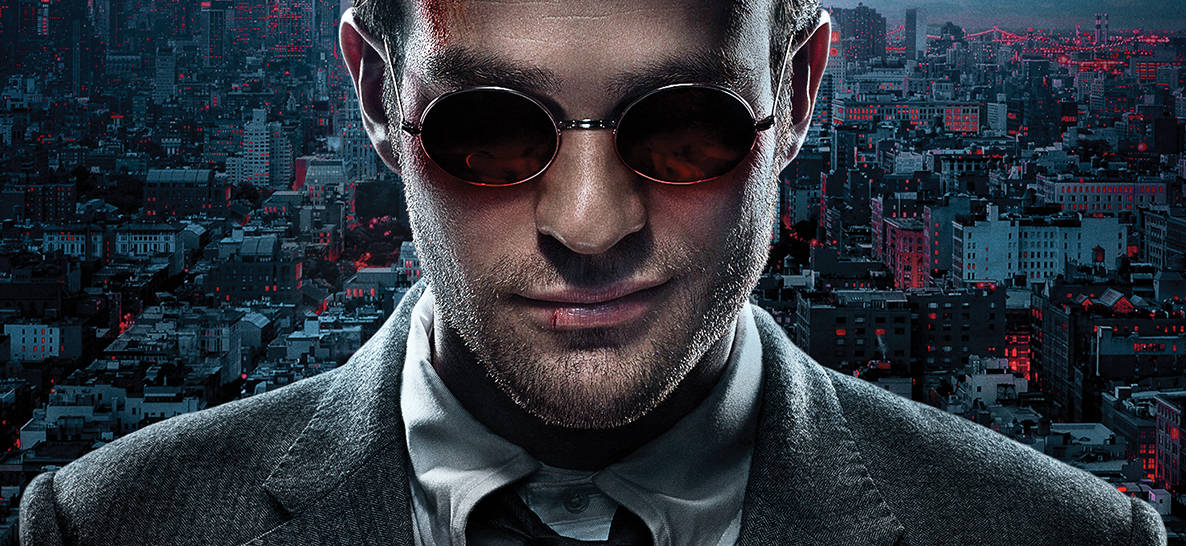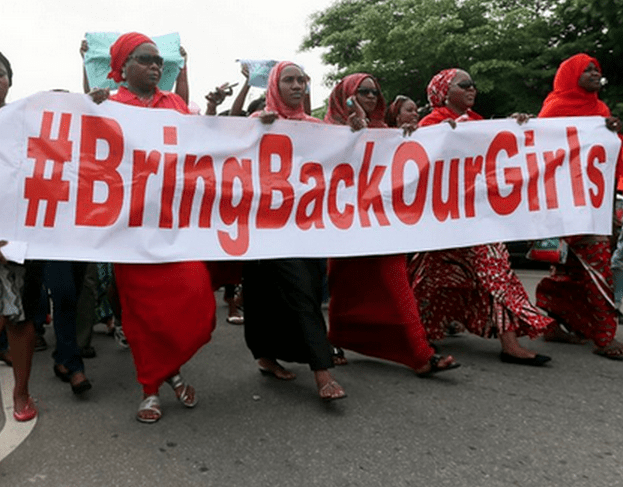
“I think his greatest strength will end up being his faith.”
Charlie Cox is talking about Daredevil, the blind vigilante of Marvel Comics fame he portrays in Netflix’s new series of the same name. Cox has the difficult task of portraying a superhero who is fraught with a disability and has a serious chip on his shoulder, and whose world is decidedly darker than the shimmering, star-studded world of big-budget heroes like Iron Man and Captain America.
But for all that, Cox says it’s Daredevil’s Catholicism that sets him apart the most.
“Always in the back of his mind is this idea of morality and original sin, but also God’s will,” Cox says. “I don’t think he would be in any doubt as to whether going out and beating people up is God’s will or not.”
And Daredevil does go out and beat people up, in ways much more visceral than fans of superhero films are used to. But while the show is unflinching in its portrayal of violence, it’s also willing to delve into the moral ambiguity of using violence to solve problems.
“I think [Daredevil] goes back and forth. I think he battles with it,” Cox says. “I don’t think he’s intentionally trying to inflict pain, but I think on some level he understands it’s a necessity.”
As necessary evils go, violence is one of the oldest. But Daredevil’s constant conversations with a Catholic priest who becomes his friend and mentor reveal that while the difficult choices he makes may be necessary, the growth they lead to can still be redemptive.
“He begins to reconcile what his relationship with God can be,” Cox says. “And I think that faith will end up—where at first it was a burden and seems like it’s working against him, I think he begins to find a way to reconcile that relationship.”






















